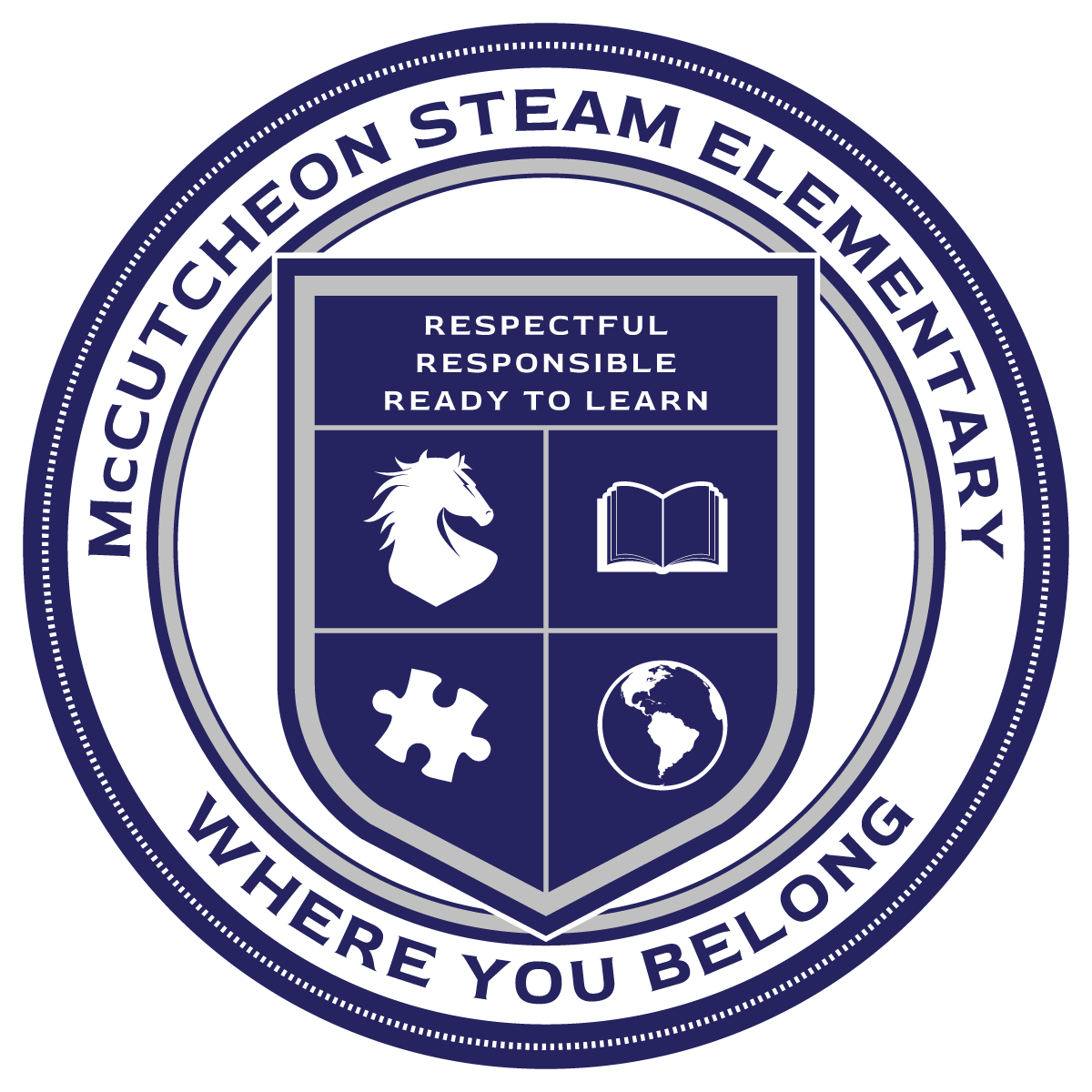Student Enrollments
New Student Enrollments Please Book An Appointment HERE. Documentation Needed: Proof of Age Address (Includes, but is not limited to, any ONE of the documents listed below) · Child’s birth certificate: Mandatory · Child’s baptismal record · Passport · Court documents Proof of Address (Includes, but is not limited to, any TWO of the documents listed below) ·…
Read MoreMay Newsletter
Check out our May Grade Band Newsletters in English, Spanish, and Vietnamese!
Read MoreMcCutcheon NASCAR Race Day is March 21!
March Newsletter (v2)
To download the English Version, click here. To download the Spanish Version, click here.
Read MoreMarch Newsletter
English Spanish
Read MoreNASCAR is back!
Ms. Kelly – Meet the Teacher! (22/23 SY)
To learn a bit more about me view or download this PDF!
Read MoreAcademic Expectations
Students need to complete their assignments and final projects to get a passing grade. In addition to assignments, students are graded on Art Expectations. The Grading and Category Weights are as follows: Art Expectations (Accountable, Willing, Polite, and Safe) 25%Formative (Assignments and Quizzes) 25%Summative (Final Projects and Tests) 50%
Read More2022-23 Art Schedule
Please see below for our Art Schedule for this year! 9-10:00 am – 4/5th grade11:45-12:45 pm – 3/2nd grade1:30-2:30 pm – Prek-1st grade2:45-3:45 pm – Middle School
Read MoreWelcome to 22/23 SY!
I would like you to know that your child will have homework every day, including weekends. Their homework will allow them to practice the skills we learn in the classroom. It is important to check their red Home folder each day to see what assignments they have to complete and what information might have been sent…
Read More
